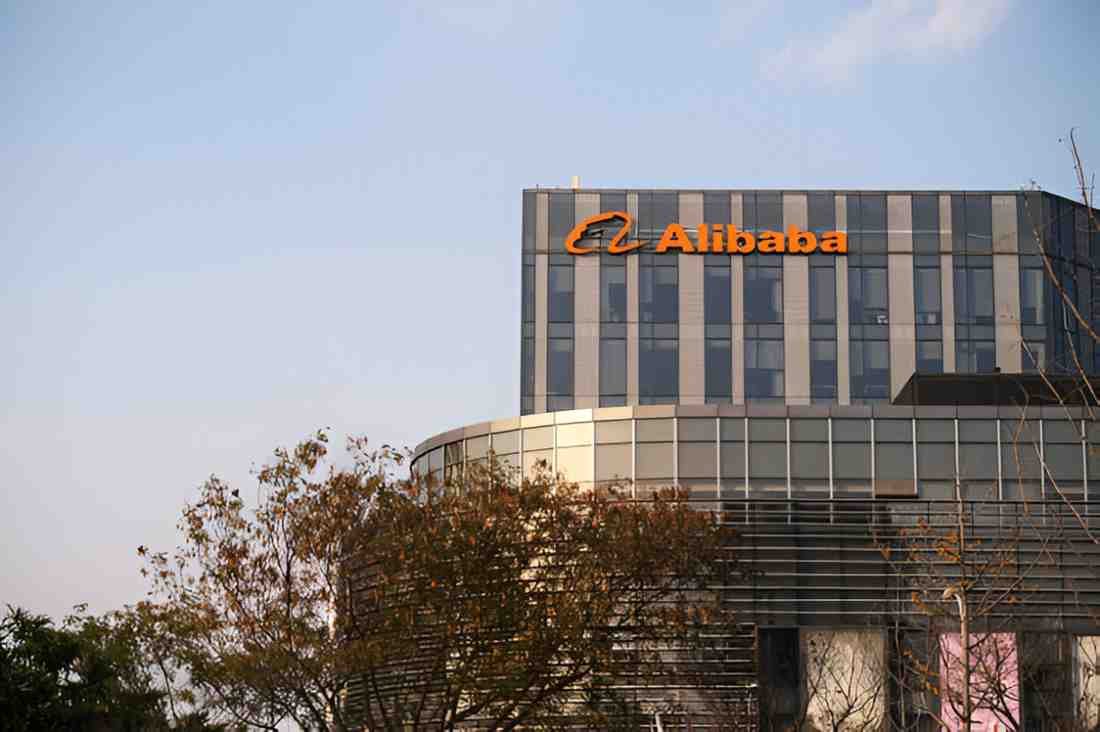Blockchain technology has been making waves in various industries over the past decade, and its potential seems limitless. One company that has been at the forefront of exploring its applications is Alibaba. In this article, I’ll delve into how Alibaba has integrated blockchain into its operations, its effects on the business, and the future possibilities of this technology. By using comparisons and illustrations, I will explain the benefits and challenges of implementing blockchain in an e-commerce giant like Alibaba.
Table of Contents
The Rise of Blockchain and Alibaba’s Interest
Blockchain, originally designed as the backbone for cryptocurrencies like Bitcoin, is a decentralized ledger system. It offers a secure, transparent way to record transactions across multiple computers so that the record cannot be altered retroactively. This means that every piece of information added to the blockchain is visible and cannot be tampered with, which makes it a powerful tool for various industries, especially in finance and supply chain management.
When it comes to Alibaba, the e-commerce giant has always been a trailblazer in adopting new technologies. Founded by Jack Ma in 1999, Alibaba has expanded far beyond online retail. With its vast ecosystem of services ranging from cloud computing to digital entertainment, Alibaba has recognized blockchain as a promising technology to improve its various sectors. Over the past few years, Alibaba has rolled out blockchain-powered initiatives aimed at increasing transparency, improving efficiency, and ensuring security.
Blockchain Applications in Alibaba’s Ecosystem
Supply Chain Transparency
One of the first areas Alibaba focused on with blockchain technology was its supply chain. As a company that operates one of the world’s largest online marketplaces, Alibaba’s supply chain is massive and complex. This means there’s a constant need for verification of product origins, ensuring the authenticity of goods, and tracing items from their manufacturers to end consumers.
Alibaba’s blockchain solution, called “Ant Blockchain,” is part of Ant Group (an affiliate of Alibaba) and is designed to track the origin and flow of products. For example, consider a consumer purchasing a bottle of olive oil from one of Alibaba’s platforms. Blockchain allows the consumer to trace the olive oil’s journey from farm to bottle, verifying its quality and authenticity at each stage. This level of transparency helps address issues like counterfeiting and fraud.
In practice, I can illustrate this with a simple example. Imagine the olive oil brand is using blockchain to track the product from its farm in Italy to the distribution center in China. The olive oil bottle has a QR code that, when scanned, shows the entire supply chain history. This increases the trust consumers have in the brand, leading to higher sales and fewer returns.
| Step | Action | Blockchain Recording |
|---|---|---|
| Farm (Italy) | Olive oil harvested | Timestamp and location |
| Bottling (Italy) | Olive oil packaged and labeled | Timestamp and location |
| Shipping (China) | Olive oil shipped to Alibaba warehouse | Timestamp and location |
| Retail | Olive oil sold to consumer | Timestamp and location |
This table shows how a product’s journey is recorded at each key stage. Consumers can see that the entire supply chain is secure, making it easier to trust the product.
Enhanced Payment Systems
Another area where Alibaba has embraced blockchain is in payment systems. While Alibaba’s Alipay is already one of the world’s leading mobile payment platforms, the company has sought to enhance the security and efficiency of financial transactions by integrating blockchain. Blockchain’s ability to record transactions in real-time and without intermediaries is especially useful for international payments.
Through the use of blockchain, Alibaba can ensure quicker, safer, and more cost-effective transactions for businesses and consumers. For example, if a small business in the United States is selling to a customer in China, the payment process can be both time-consuming and expensive due to the involvement of banks and exchange rates. With blockchain, these payments can happen almost instantly, and the transaction fee would be significantly reduced.
I’ll use a simple comparison to highlight the difference in transaction times and fees. In a traditional banking system, the international transfer might take 3–5 business days and incur a fee of around 3-5%. Using blockchain, the transaction could take just minutes with a fraction of the cost.
| Method | Transaction Time | Transaction Fee |
|---|---|---|
| Traditional Banks | 3–5 business days | 3–5% |
| Blockchain Payment | Minutes | 0.1–1% |
This comparison table helps emphasize how blockchain technology outperforms traditional banking systems by being faster and more affordable, which can have a huge impact on businesses and consumers globally.
Intellectual Property Protection
As Alibaba has expanded its reach, intellectual property (IP) protection has become an essential concern. In industries like fashion, art, and technology, counterfeiting is rampant. Alibaba has been leveraging blockchain to protect intellectual property and ensure that creators’ rights are respected.
Using blockchain, Alibaba is building a digital ledger for intellectual property that records ownership of digital and physical assets. This ledger makes it easy for creators to prove that their work belongs to them, while also helping to trace and prevent the sale of counterfeit goods. By using blockchain to authenticate products and verify ownership, Alibaba is helping protect both consumers and creators.
For instance, a digital artwork uploaded to Alibaba’s platform could have its ownership verified through blockchain. The buyer can trace the work’s entire history, ensuring it’s not a copy or a counterfeit, and the artist can be assured that their work won’t be stolen or misused.
The Advantages and Challenges of Blockchain at Alibaba
Advantages
- Transparency: The decentralized nature of blockchain allows for transparency in every transaction, which can help build trust with consumers and partners.
- Efficiency: By removing intermediaries, blockchain reduces the time and cost associated with transactions, especially in areas like cross-border payments and supply chain management.
- Security: Blockchain’s secure and tamper-proof features ensure that data cannot be altered once recorded, making it a valuable tool for fraud prevention.
- Innovation: By integrating blockchain, Alibaba is positioning itself as a leader in tech-driven innovation, staying ahead of competitors.
Challenges
- Scalability: Blockchain’s decentralized structure can sometimes create bottlenecks in large-scale systems, especially when it comes to transaction speed. As Alibaba grows, the challenge will be ensuring blockchain can scale to meet its increasing demands.
- Regulatory Issues: Blockchain operates in a relatively unregulated space, and as governments develop new regulations, Alibaba will have to adapt to comply with new laws without disrupting its operations.
- Integration with Legacy Systems: For a company like Alibaba, integrating blockchain with existing infrastructure can be a complex task that requires time, investment, and careful planning.
The Future of Alibaba and Blockchain
Looking ahead, Alibaba’s embrace of blockchain is likely to grow even more widespread. The company’s commitment to expanding its blockchain-based solutions in various sectors suggests that we will see even more innovative use cases in the near future.
Blockchain could play a major role in Alibaba’s global expansion strategy. As the company continues to build its ecosystem, blockchain could become integral to improving everything from data privacy and consumer engagement to smart contract deployment and decentralized finance (DeFi) integration.
Another exciting possibility is the use of blockchain in Alibaba’s cloud services. As Alibaba Cloud continues to grow globally, blockchain could be used to power everything from secure data storage to cross-border transactions in a completely decentralized manner.
Conclusion
Alibaba has made significant strides in integrating blockchain technology into its business operations. Whether it’s improving supply chain transparency, enhancing payment systems, or protecting intellectual property, blockchain offers tangible benefits that Alibaba is successfully leveraging. The company’s journey with blockchain highlights its potential not just to revolutionize e-commerce, but to reshape industries across the globe. While there are challenges ahead, Alibaba’s focus on innovation and commitment to blockchain positions it well for a future where decentralized technologies play a central role in the global economy.
By examining Alibaba’s blockchain initiatives, it’s clear that the company is setting the stage for a new era of technology-driven business practices. As blockchain technology continues to evolve, so too will Alibaba’s approach, ensuring its place at the forefront of digital innovation.





